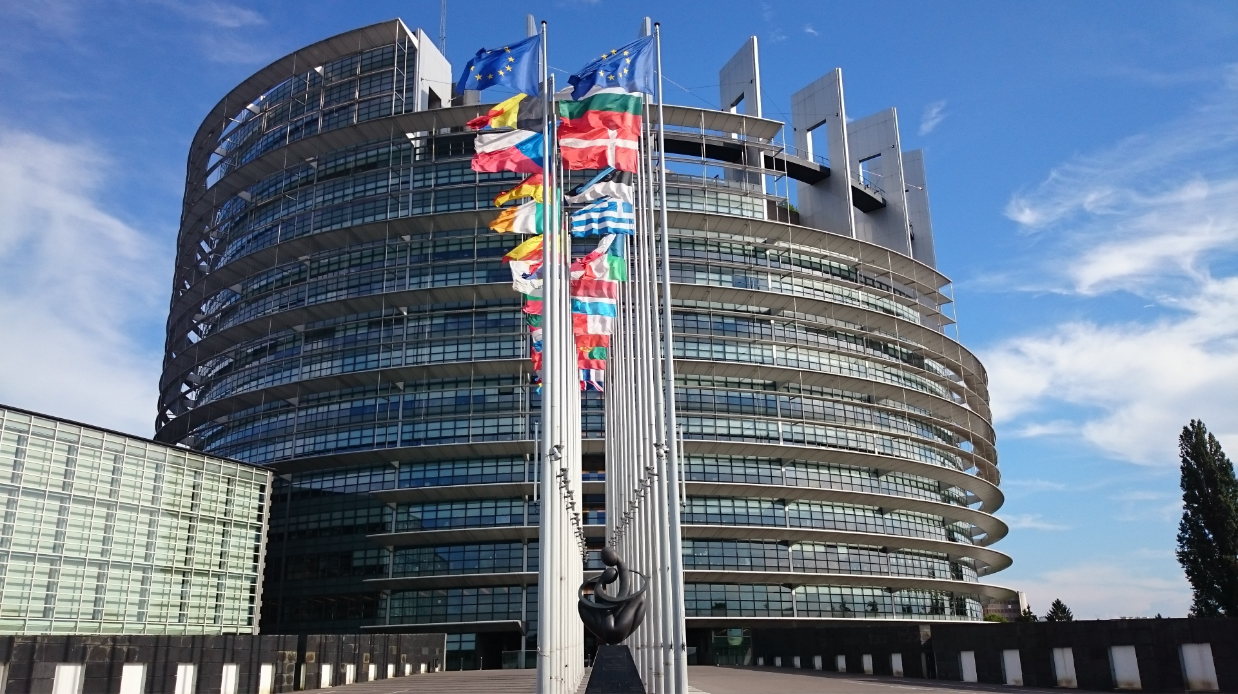A momentous development has unfolded as the European Parliament greenlights fresh regulations designed to simplify legal migration within the European Union (EU). These regulations entail strict timelines for processing residence permit applications, slashing waiting periods to a maximum of 90 days. Such a streamlined approach is poised to compel EU member states to accelerate decision-making processes, curtailing bureaucratic bottlenecks for migrants.
Of notable significance, the ratified measures confer enhanced mobility rights upon resident permit holders, facilitating seamless transitions between employers, professions, and sectors. This pivotal provision is anticipated to broaden job prospects and offer migrants greater career flexibility, aligning harmoniously with the dynamic demands of the EU labor landscape.
Moreover, the legislation tackles concerns surrounding unemployment among permit holders by affording a grace period of up to three months (or six months for long-term permit holders) to secure alternative employment before facing permit revocation. This underscores the EU’s unwavering commitment to supporting migrants during transitional phases and mitigating the risks of social exclusion.
This decision holds substantial ramifications, particularly for investors engaged in the Golden Visa program, notably in Portugal, where immigration processes have been plagued by severe backlogs.
In essence, the European Parliament’s endorsement of streamlined migration regulations heralds a landmark stride towards forging a more efficient and inclusive migration framework within the EU. By prioritizing expedited decisions, expanding mobility rights, and addressing unemployment apprehensions, the legislation endeavors to cultivate an enabling environment for legal migrants to thrive while safeguarding their rights and interests. As EU member states commence the implementation of these reforms, the EU stands poised to inaugurate a new epoch of migration governance characterized by efficiency and transparency.










